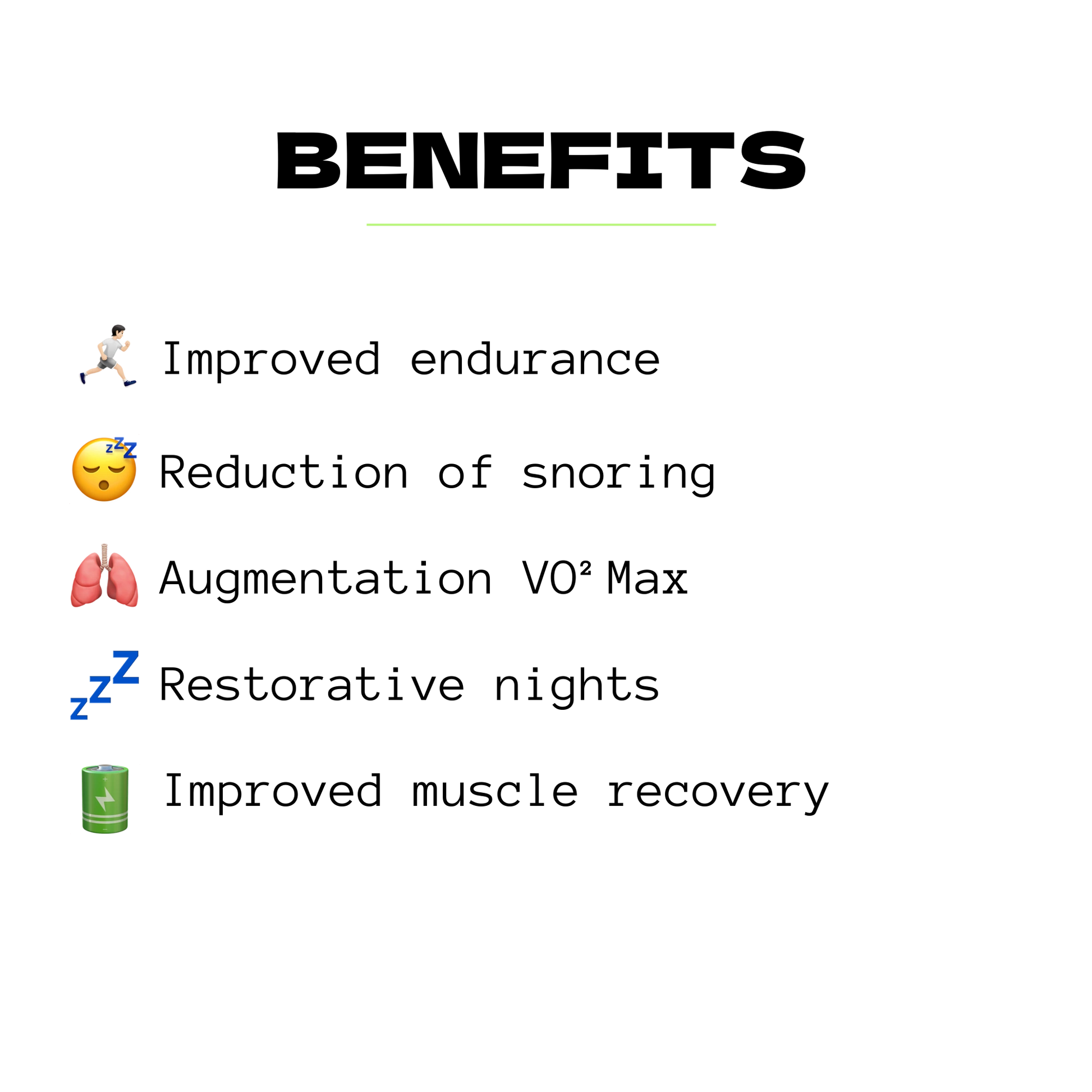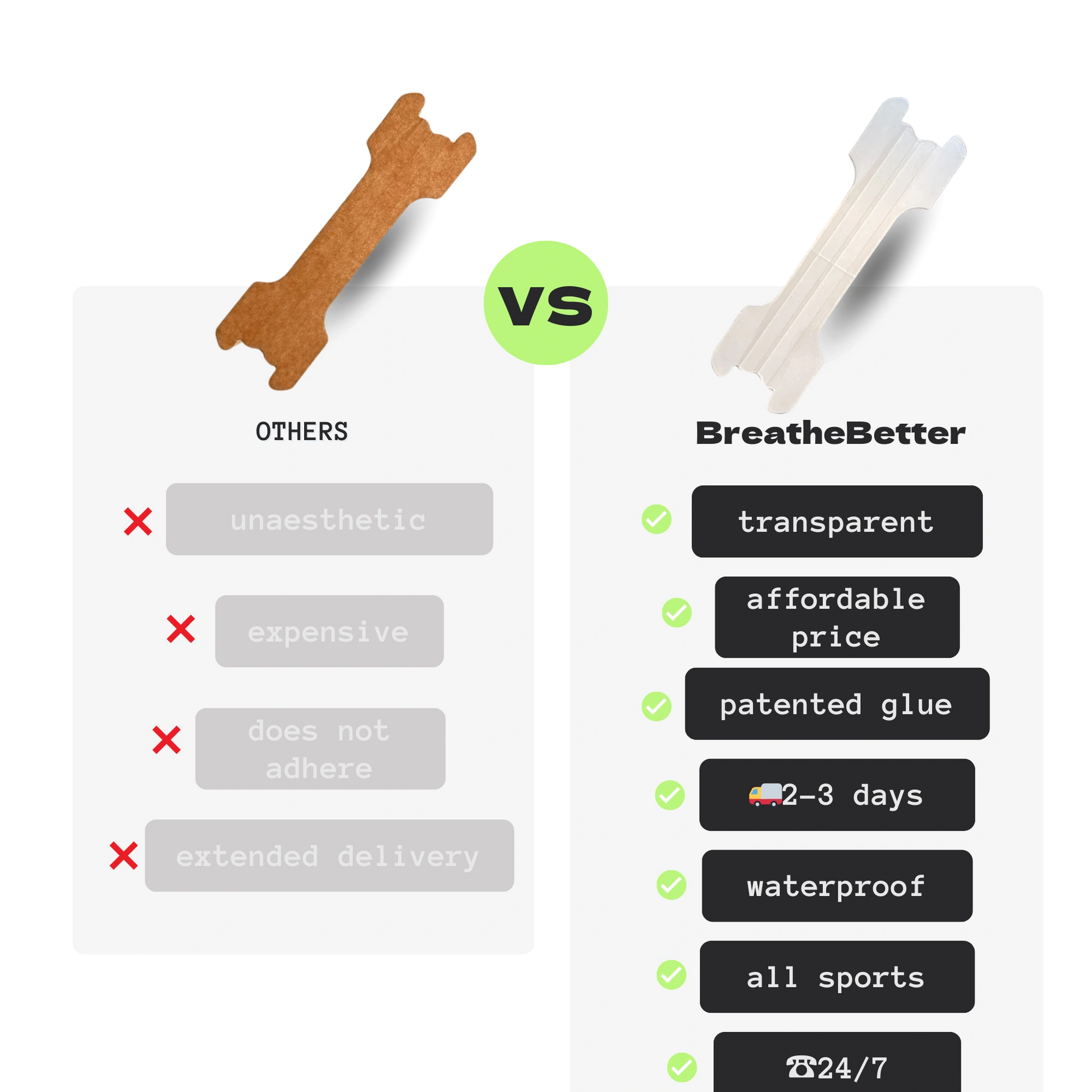Melatonin is a hormone that is essential for regulating our sleep-wake cycle. It is produced naturally by our bodies, mainly at night, and helps promote restful sleep. However, for melatonin to be truly effective, certain factors can influence its production and action. This article explores how to improve the effectiveness of natural melatonin through simple solutions, such as nighttime breathing.
How does melatonin work?
Melatonin is produced by the pineal gland, located in the brain, in response to darkness. It plays a crucial role in signaling the body that it is time to prepare for the night. Once released, melatonin promotes sleep by lowering body temperature and reducing mental activity. However, factors such as excessive light in the evening, stress or poor breathing management can disrupt this natural production and affect the quality of sleep.
Melatonin-breathing synergy: how does breathing impact melatonin?
Effective melatonin-breathing synergy can significantly improve your sleep. In fact, slow and controlled breathing increases melatonin production. For example, abdominal breathing helps activate the parasympathetic nervous system, promoting relaxation and, therefore, better melatonin release. For those who suffer from nasal congestion or nocturnal breathing problems, solutions like BreatheBetter nasal strips can improve breathing by opening the nasal passages and facilitating better airflow during the night. These strips are particularly effective in ensuring smooth breathing, allowing for better melatonin production and more restful sleep.
If you want to learn more about managing nasal congestion to improve your nighttime breathing and optimize melatonin production, check out our article on Nasal Congestion: Understanding and Treating It Effectively
How to increase melatonin naturally?
There are several ways to increase melatonin naturally. First, it is essential to reduce exposure to blue light in the evening, especially from screens. Light disrupts melatonin production and makes it harder to fall asleep. Next, adopting a relaxation routine before bed, such as meditation or breathing exercises, can help create an environment conducive to melatonin production. Additionally, practices such as using nasal strips can be a great complement to improve nighttime breathing, thus optimizing the effects of melatonin.
Improve the effectiveness of melatonin
Improving the effectiveness of natural melatonin through better nighttime breathing is a great way to promote deep, restful sleep. In fact, proper breathing, especially at night, can optimize melatonin production and improve sleep quality. By incorporating techniques like mindful breathing and using accessories like BreatheBetter nasal strips, you can maximize the benefits of melatonin and take full advantage of its effects.
Melatonin is a valuable ally for quality sleep. However, to get the most out of it, it is crucial to create an environment conducive to its production. Effective breathing, combined with solutions such as BreatheBetter nasal strips, can improve the natural production of melatonin and optimize the quality of your sleep. By putting these tips into practice, you will be able to enjoy restful sleep and regain all your energy for the day.












